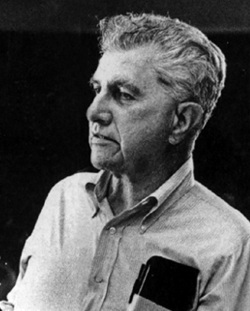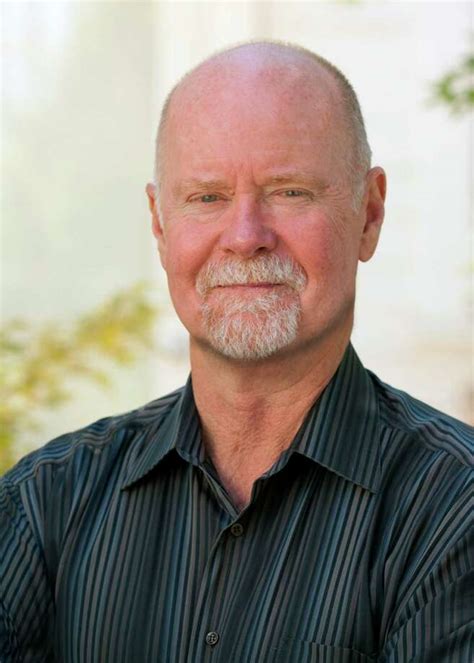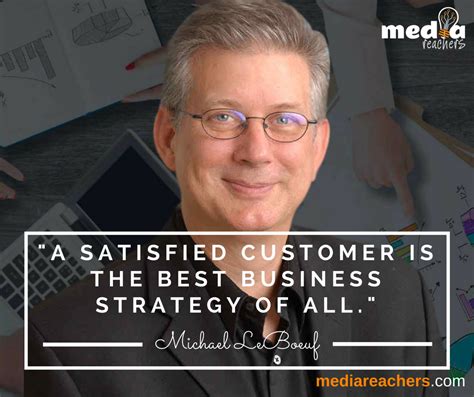A Quote by Merton Miller
As an economics undergraduate, I also worked on a part-time basis in Cambridge, Massachusetts, for a company that was advising customers about portfolio decisions, writing reports.
Related Quotes
In 1922, I got a small stipend from the Swedish-American Foundation and went to Cambridge, England, for a few months and thereafter to Harvard University. In the summer, Cambridge was rather empty, but I am grateful for many pleasant talks about economics with Austin Robinson who, in the summer of 1922, seemed to be about as lonely as I was.
Cyborg writing must not be about the Fall, the imagination of a once-upon-a-time wholeness before language, before writing, before Man. Cyborg writing is about the power to survive, not on the basis of original innocence, but on the basis of seizing the tools to mark the world that marked them as other...
After two years of undergraduate study, it was clear that I was bored by the regime of problem-solving required by the Cambridge mathematical tripos. A very sensitive mathematics don recommended that I talk to the historian of astronomy, Michael Hoskin, and the conversation led me to enroll in the History and Philosophy of Science for my final undergraduate year.
I picked economics at the end of my undergraduate time because it seemed to be a really nice combination of theory, including mathematical theory on one hand, and things that are quite practical that you can touch and see and feel. So I picked it, and I consciously thought of it as an experiment to see if I liked it. And it worked.
Often people say they can't base their strategies on customers because customers make unreasonable requests and because customers vary too much. Such opinions reveal serious misconceptions. The truly outside-in company definitely does not try to serve all the needs of its customers. Instead, its managers are clear about what their organization can and should do for customers, and whatever they do they do well. They focus.
My mother and my father taught me to look at the actual problem, not the face of it, not the veneer of it. So for me, I was never - I was impressed that it - racially, I was impressed, right, but now in America it's about economics, and it's been about economics, and honestly, everything's been about economics since I don't want to say the beginning of time, but it's been about economics for a long while.




































